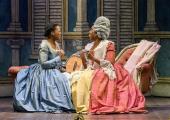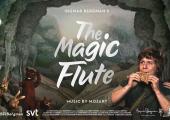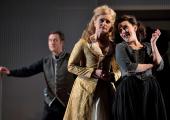Franco Fagioli on performing the Baroque: 'a challenge is to interpret beyond the musical notation'

The Argentinian countertenor on the pleasures and challenges of singing Handel and Co
I started singing when I was nine years old in my primary school choir. I sang plenty of solos there before moving on to another children’s choir; that was a formative experience for me. At this point, I was singing the soprano part and from here I was invited to sing in Mozart’s The Magic Flute. This was my first experience of opera, and one that gave me great joy and satisfaction.

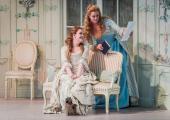

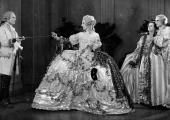

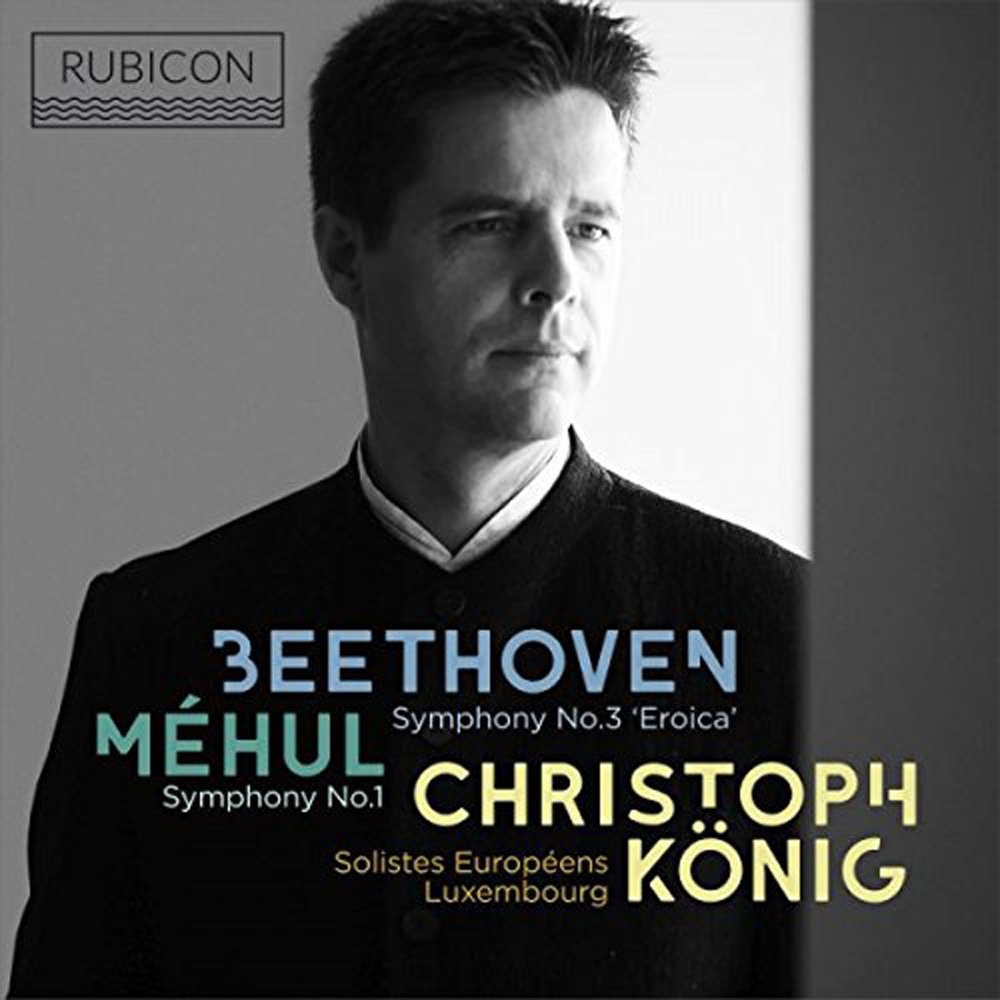 Beethoven: Symphony No 3, Méhul: Symphony No 1 Solistes Européens Luxembourg/Christoph König (Rubicon)
Beethoven: Symphony No 3, Méhul: Symphony No 1 Solistes Européens Luxembourg/Christoph König (Rubicon)
